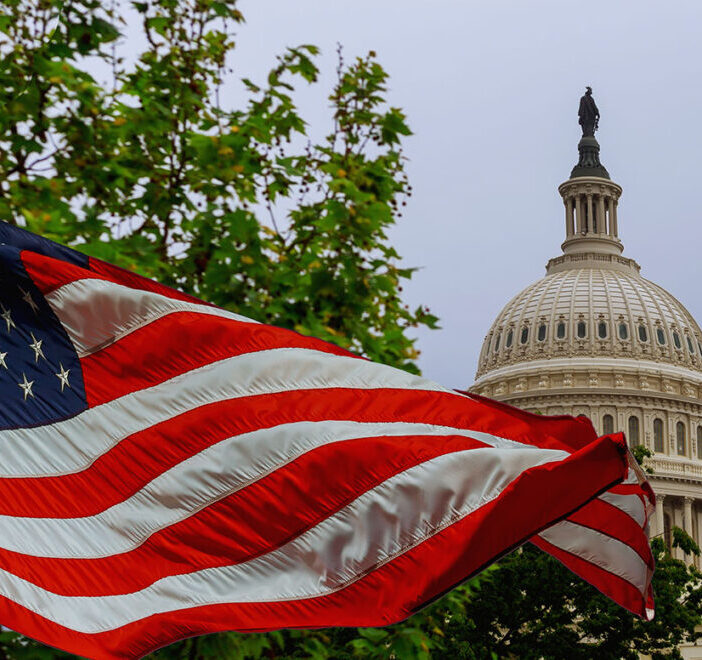President Biden unveiled a new policy on January 5 that the Administration says will increase security at the Southwest border and expand legal pathways for safe, orderly and humane migration. The announcement included expansion of the “Venezuela Parole” program to three additional countries as part of the Administration’s New Border Enforcement Actions.
The Department of Homeland Security (DHS) announced the expanded parole process now allows nationals from Cuba, Haiti and Nicaragua and their immediate family members to request advance authorization for travel and temporary parole for up to two years in the United States, including work authorization. There will be a 30,000 per month cap on the number of parolees from all four countries. Parolees must have a supporter in the United States who will provide financial and other support, among other requirements.
To be eligible for advance travel to the United States to request parole at the border, a person must be a national of one of the four countries or be an immediate family member (spouse, common-law partner, or unmarried child under the age of 21) of an eligible applicant and traveling with them. They must also possess a passport valid for international travel and have a U.S.-based supporter who filed a Form I-134 on their behalf that USCIS has vetted and confirmed. Additionally, they must comply with all additional requirements, including vaccination requirements and other public health guidelines. When the national arrives at the United States port of entry, there will be additional screening and vetting. Once granted parole, nationals may apply for employment authorization and request a social security number.
Under the Venezuelan Program, organizations, businesses, and other entities must be able to receive, maintain, and support the beneficiaries during the duration of their parole. The type of support includes housing and initial basic necessities, helping with the necessary paperwork for employment authorization, and ensuring health care and medical needs are met. And, as appropriate, assisting the beneficiary with learning English, enrolling children in school and securing employment. Multiple supporters may join to support a beneficiary.
Potential supporters of the expanded parole process can apply to DHS to support eligible individuals via www.uscis.gov/CHNV. Individuals and representatives of organizations seeking to apply as supporters must declare their financial support, and they must pass security background checks to protect against exploitation and abuse.

 Shutdown Week Three: Impact of Ongoing Closure on Affordable Housing
Shutdown Week Three: Impact of Ongoing Closure on Affordable Housing


